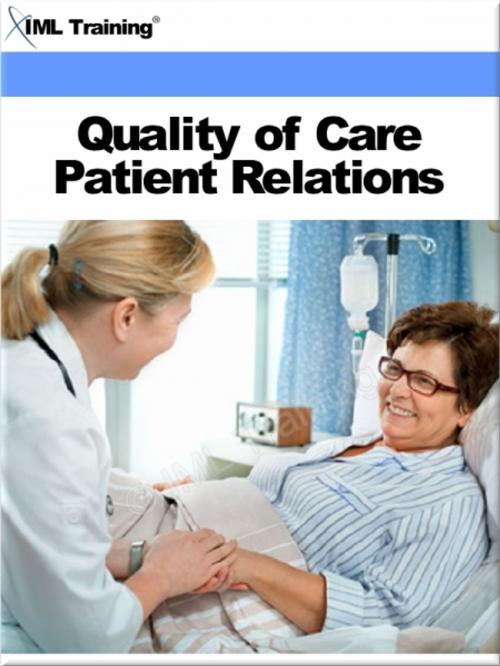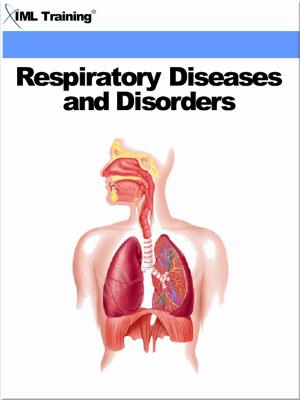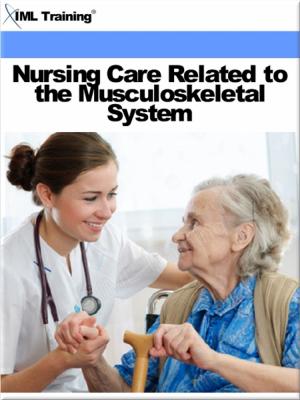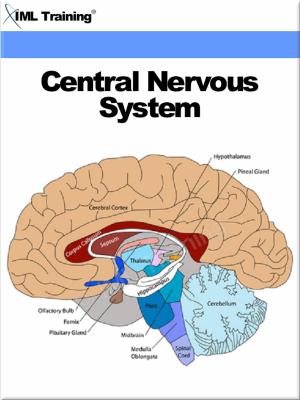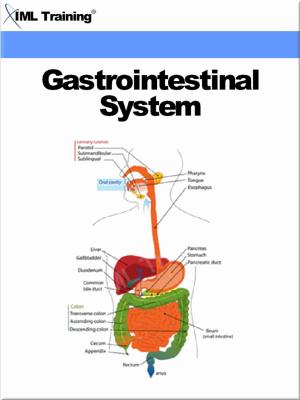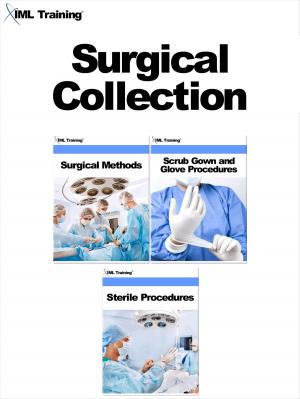Quality of Care Patient Relations (Nursing)
Includes Communication, Listening Skills, Nonverbal Communication, Interviewing Techniques, Patients Rights, Loss, Change, Through the Patients Eyes, Stages of Illness, Bedside Manner, The Angry Patient, and Family Members
Nonfiction, Health & Well Being, Medical, Nursing| Author: | ISBN: | 9781782580737 | |
| Publisher: | IML Training | Publication: | October 31, 2012 |
| Imprint: | IML Training | Language: | English |
| Author: | |
| ISBN: | 9781782580737 |
| Publisher: | IML Training |
| Publication: | October 31, 2012 |
| Imprint: | IML Training |
| Language: | English |
Quality of Care Patient Relations
As medical technology advances at an incredible pace and medical treatment becomes increasingly specialized, many of us seem to be losing sight of another vital aspect of health care--the human aspect. It is becoming increasingly evident that emotional needs play an integral part in the healing process. People want to feel confident in the medical treatment and nursing care they receive and want to be cared for as individuals.
As health care providers, you have tremendous influence on the attitudes of your patients and the people closest to them--their family members and friends. By applying those skills used by all effective practitioners who provide kind and compassionate care, you can help your patients to make the most of the resources they already possess--resources, which will lead them to healing.
This course is part of our Nursing series.
Includes a questions and answers section at the end of each lesson.
Full illustrations and diagrams included.
Lessons:
- Loss and Change
- Communication
- Patients' Rights
As medical technology advances at an incredible pace and medical treatment becomes increasingly specialized, many of us seem to be losing sight of another vital aspect of health care--the human aspect. It is becoming increasingly evident that emotional needs play an integral part in the healing process. People want to feel confident in the medical treatment and nursing care they receive and want to be cared for as individuals.
As health care providers, you have tremendous influence on the attitudes of your patients and the people closest to them--their family members and friends. By applying those skills used by all effective practitioners who provide kind and compassionate care, you can help your patients to make the most of the resources they already possess--resources, which will lead them to healing.
This course is part of our Nursing series.
Includes a questions and answers section at the end of each lesson.
Full illustrations and diagrams included.
Lessons:
- Loss and Change
- Communication
- Patients' Rights
Quality of Care Patient Relations
As medical technology advances at an incredible pace and medical treatment becomes increasingly specialized, many of us seem to be losing sight of another vital aspect of health care--the human aspect. It is becoming increasingly evident that emotional needs play an integral part in the healing process. People want to feel confident in the medical treatment and nursing care they receive and want to be cared for as individuals.
As health care providers, you have tremendous influence on the attitudes of your patients and the people closest to them--their family members and friends. By applying those skills used by all effective practitioners who provide kind and compassionate care, you can help your patients to make the most of the resources they already possess--resources, which will lead them to healing.
This course is part of our Nursing series.
Includes a questions and answers section at the end of each lesson.
Full illustrations and diagrams included.
Lessons:
- Loss and Change
- Communication
- Patients' Rights
As medical technology advances at an incredible pace and medical treatment becomes increasingly specialized, many of us seem to be losing sight of another vital aspect of health care--the human aspect. It is becoming increasingly evident that emotional needs play an integral part in the healing process. People want to feel confident in the medical treatment and nursing care they receive and want to be cared for as individuals.
As health care providers, you have tremendous influence on the attitudes of your patients and the people closest to them--their family members and friends. By applying those skills used by all effective practitioners who provide kind and compassionate care, you can help your patients to make the most of the resources they already possess--resources, which will lead them to healing.
This course is part of our Nursing series.
Includes a questions and answers section at the end of each lesson.
Full illustrations and diagrams included.
Lessons:
- Loss and Change
- Communication
- Patients' Rights
